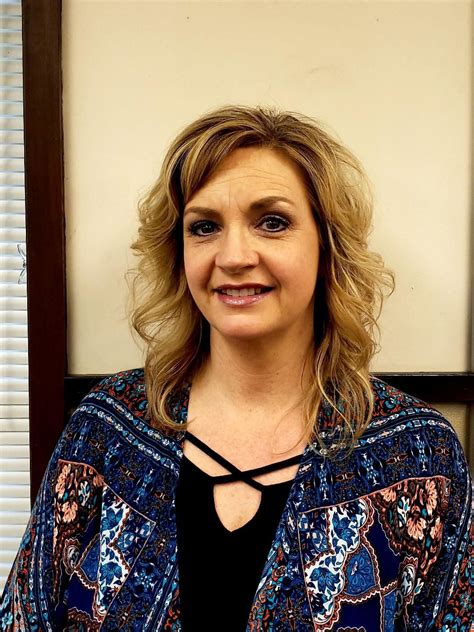A Quote by Henry Paulson
When the financial system works as it should, money and capital flow to and from households and businesses to pay for home loans, school loans, and investments to create jobs.
Related Quotes
If you have loans, the first thing you want to do is say, "Okay, look I have a credit card, if I really need to borrow, I have this emergency money that I can get, but for now there is no reason for me to keep cash at zero percent interest rate and at the same time, pay all of this money out. So, I think people need to figure out quickly how to pay loans and how much cash they should really keep.
A consolidation makes sense only if you can lower your overall interest rate. Many people consolidate by taking out a home equity line loan or home equity line of credit (HELOC), refinancing a mortgage, or taking out a personal loan. They then use this cheaper debt to pay off more expensive debt, most frequently credit card loans, but also auto loans, private student loans, or other debt.
Imagine you have six loans, small to huge. People want to close loans and because of that, they try to pay off the small loans, but that's not the right strategy. The right strategy, of course, is to pay the loan with the highest interest rate. People make this mistake and it costs them lots and lots of money, it's a very expensive mistake because interest rates accumulate and become very, very expensive very quickly.
In a crisis, stocks of financial companies are great investments, because the tide is bound to turn. Massive losses on bad loans and soured investments are irrelevant to value; improving trends and future prospects are what matter, regardless of whether profits will have to be used to cover loan losses and equity shortfalls for years to come.
































